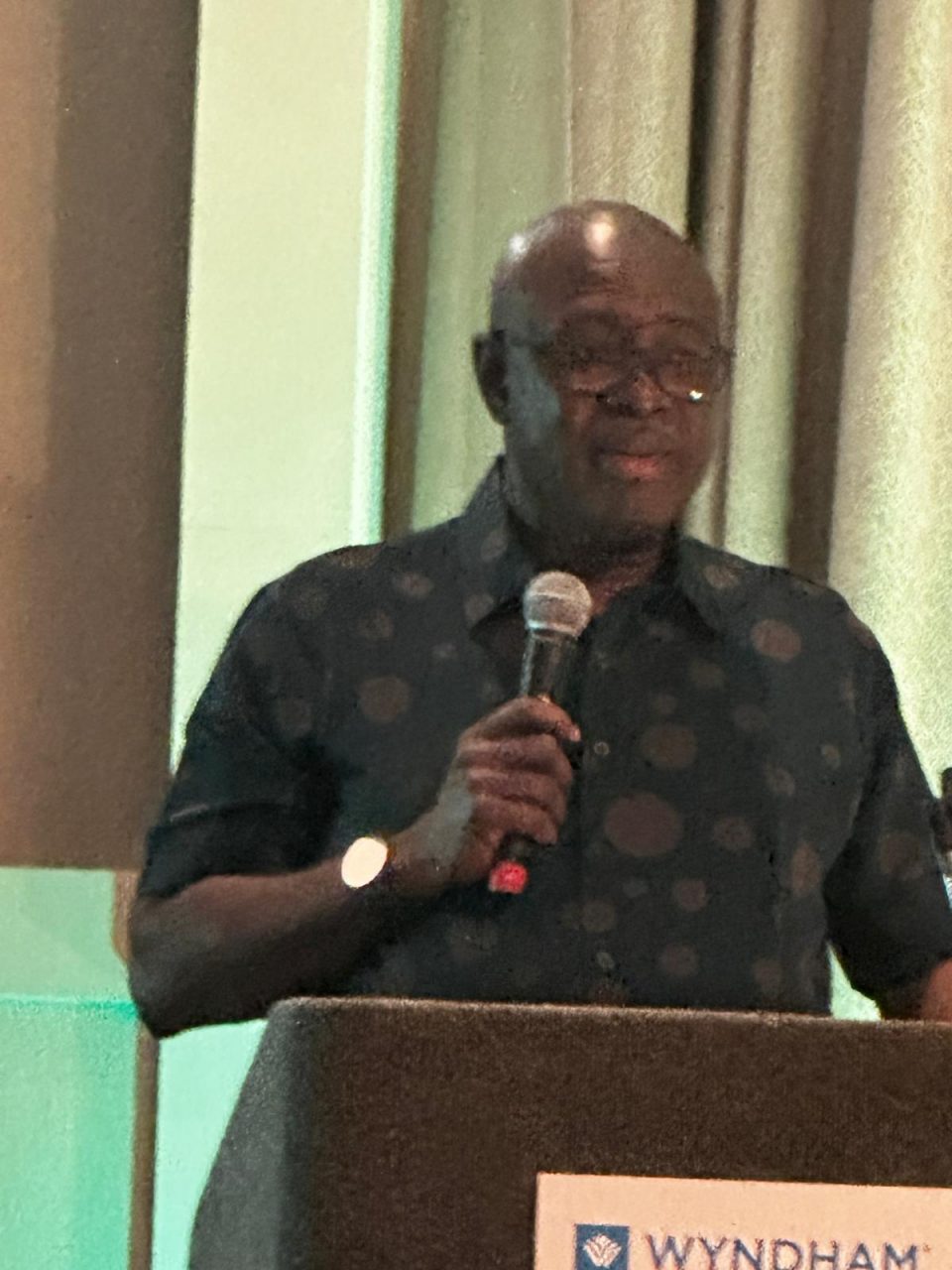Minister urges NNPCL to boost oil production levels by 2026
By Yunus Yusuf
The Federal Government on Wednesday directed the management of the Nigerian National Petroleum Company Ltd. (NNPCL) to increase oil production beyond current levels by the end of the year.
Mr Heineken Lokpobiri, the Minister of State for Petroleum Resources (Oil), said this in an interview at the Africa Energy Forum (AEF) in Houston, Texas, U.S.
Lokpobiri emphasised the need for accelerated growth in the nation’s oil output.
The forum, organised by ACME Multech Services Nigeria, has the theme “Africa’s Energy Investment Drive Amid Global Transition to Green Minerals and Clean Energy”.
The minister revealed that although President Bola Tinubu had initially tasked the NNPCL with ramping up production to two million barrels per day (bpd), but later increased the target to 2.5 million bpd.
“When the new NNPCL management visited me, I raised their production target from the President’s initial goal of two million bpd to 2.5 million bpd,” he said.
Lokpobiri expressed optimism that the revised target was achievable.
He cited past production levels during the COVID-19 pandemic, when output reached 2.5 million bpd in spite of minimal investment.
”The 2.5 million bpd target is realistic because the government is addressing the key bottlenecks that have hindered oil production,” he noted.
He highlighted that for over a decade, the oil and gas sector had seen little to no new investment.
According to him, recent reforms by President Bola Tinubu are reversing that trend.
He added that the ongoing efforts to combat pipeline vandalism and oil theft were also beginning to yield results.
The minister said that when he assumed office, Nigeria was producing around one million bpd, notig that the figure had risen to 1.8 million bpd.
Lokpobiri explained that the full implementation of the “Drill or Drop” policy under the Petroleum Industry Act (PIA), which mandates that for every quantity of oil extracted, allows new drilling be carried out to replenish reserves through seismic activity.
On the issue of international support for fossil fuel development, he remarked that the World Bank had stopped funding fossil fuel projects.
He clarified that NNPCL had not received funding from the institution and instead partnered with international oil companies (IOCs) to source financing through alternative channels.
He criticised Western narratives calling for a halt to fossil fuel production, labeling them geopolitical in nature.
”The COP agreements advocate emission reductions, not an outright end to oil production.
“Ironically, many of the facilities producing electric cars, lithium batteries, and other green technologies still rely on coal and fossil fuels,” he noted.
The minister encouraged the global investment community to explore opportunities in Nigeria, citing the country’s robust regulatory framework and globally competitive fiscal regime.
“Nigeria remains a top destination for energy investments,” he said.
Also speaking at the forum, Mrs Jumoke Oyedun, Managing Director of ACME Multech Services Nigeria, said the 2025 Africa Energy Forum provides a crucial platform for evaluating Africa’s oil and gas exploration landscape.
Oyedun said that the forum was designed to explore both funding opportunities and investment prospects across existing and emerging energy sources, while also addressing sector-specific challenges.
“It also emphasises the growing importance of regulation and the role of African oil companies in harnessing the continent’s hydrocarbon resources,” she said.
Oyedun added that the AEF 2025 would highlight the ongoing energy transition and explore its potential impact on Africa’s oil and gas sector, particularly amid the rising global demand for green minerals and renewable energy solutions.
According to Oyedun, the panel discussions will examine how African policymakers can attract significant investment, especially in light of anticipated shifts in U.S. energy policy following the 2025 elections.
“As Africa navigates its role in the global energy transition, it stands at a strategic crossroads. Smart investments in both hydrocarbons and green minerals can drive sustainable development.
“By leveraging its natural resources, Africa can not only meet global demand but also ensure that local communities benefit from its mineral wealth,” she added.
The forum was attended by delegations from petroleum ministries of Nigeria, Togo, Senegal, Algeria, Ghana, Liberia, and The Gambia.





